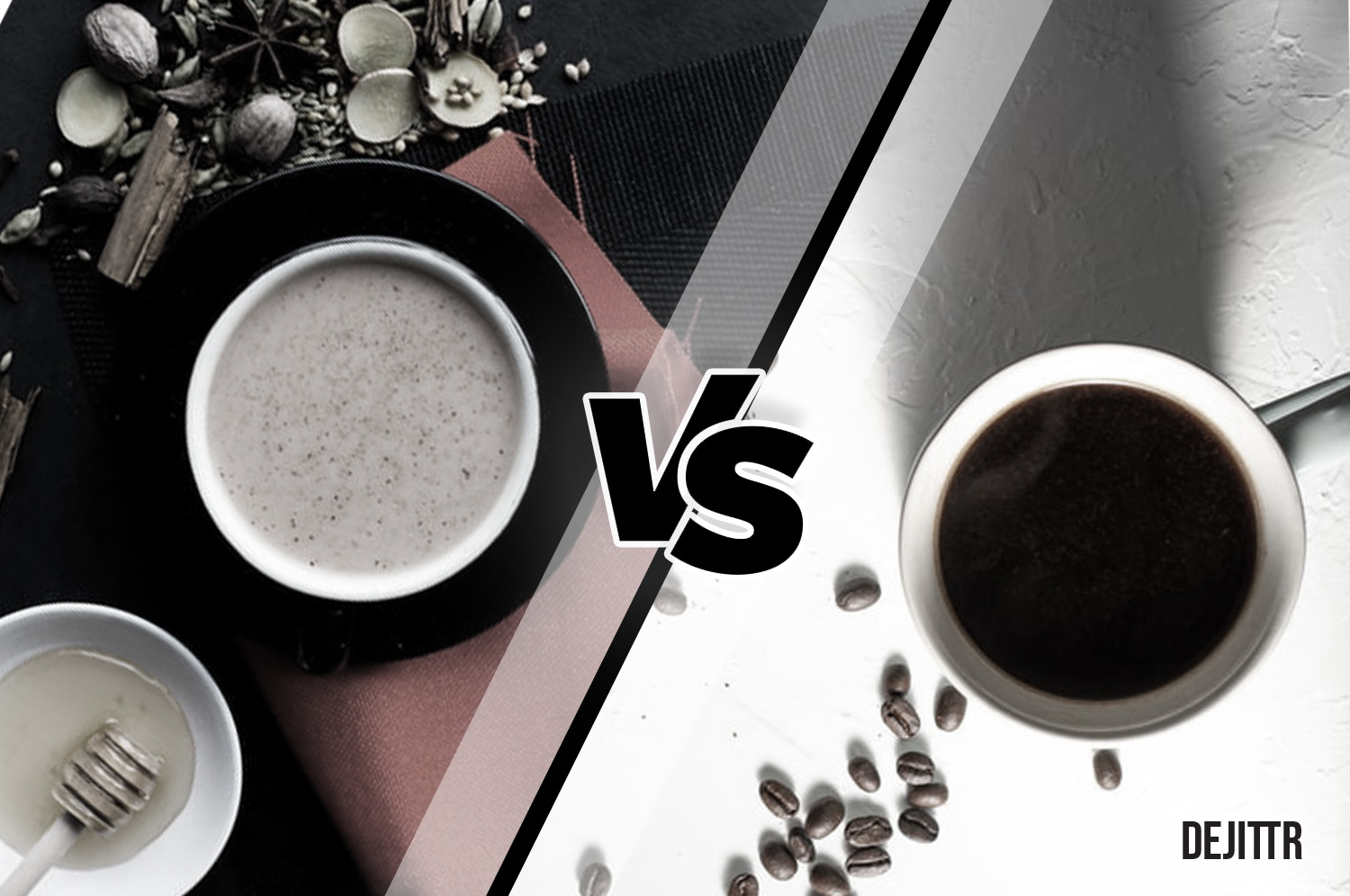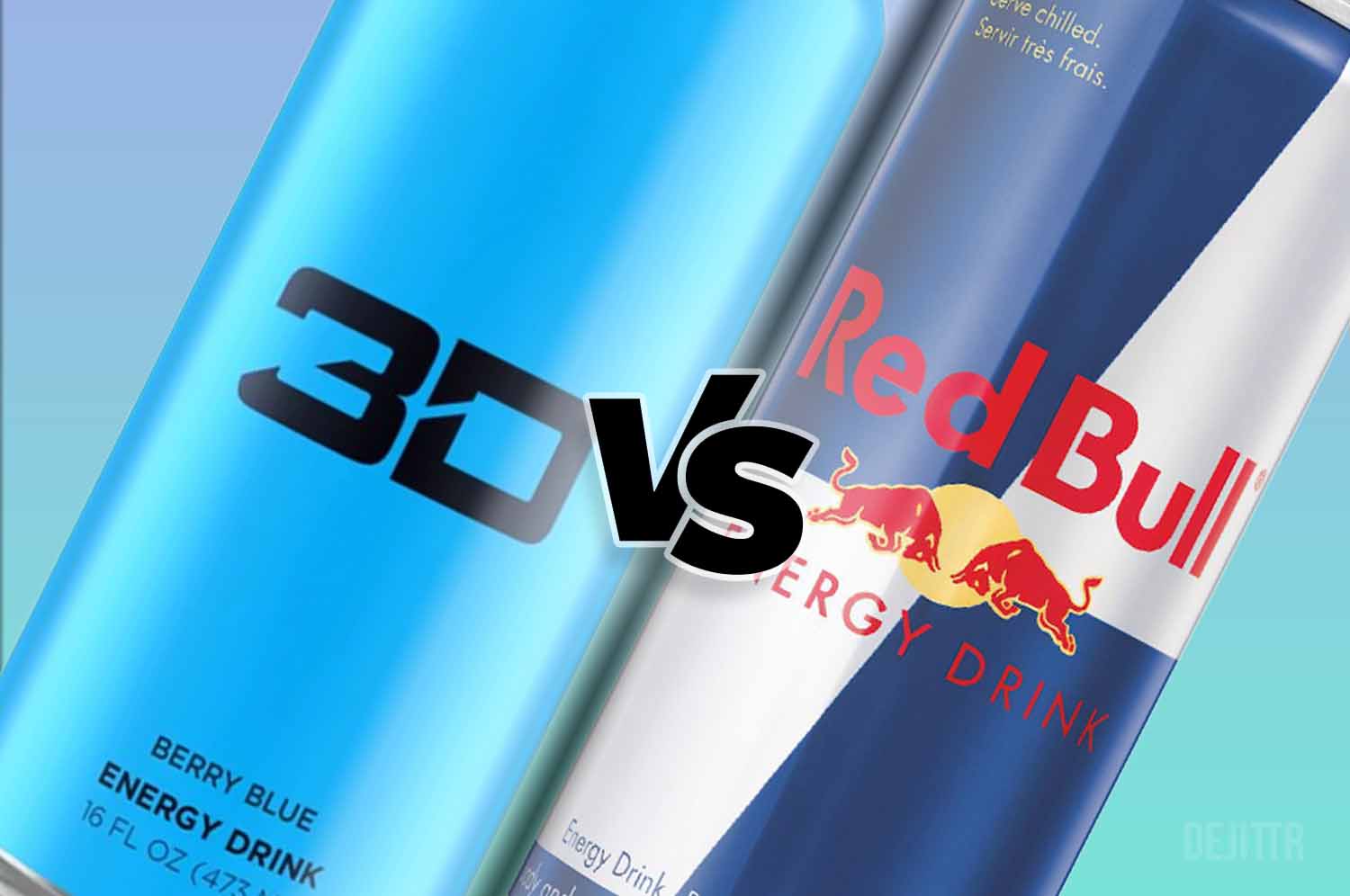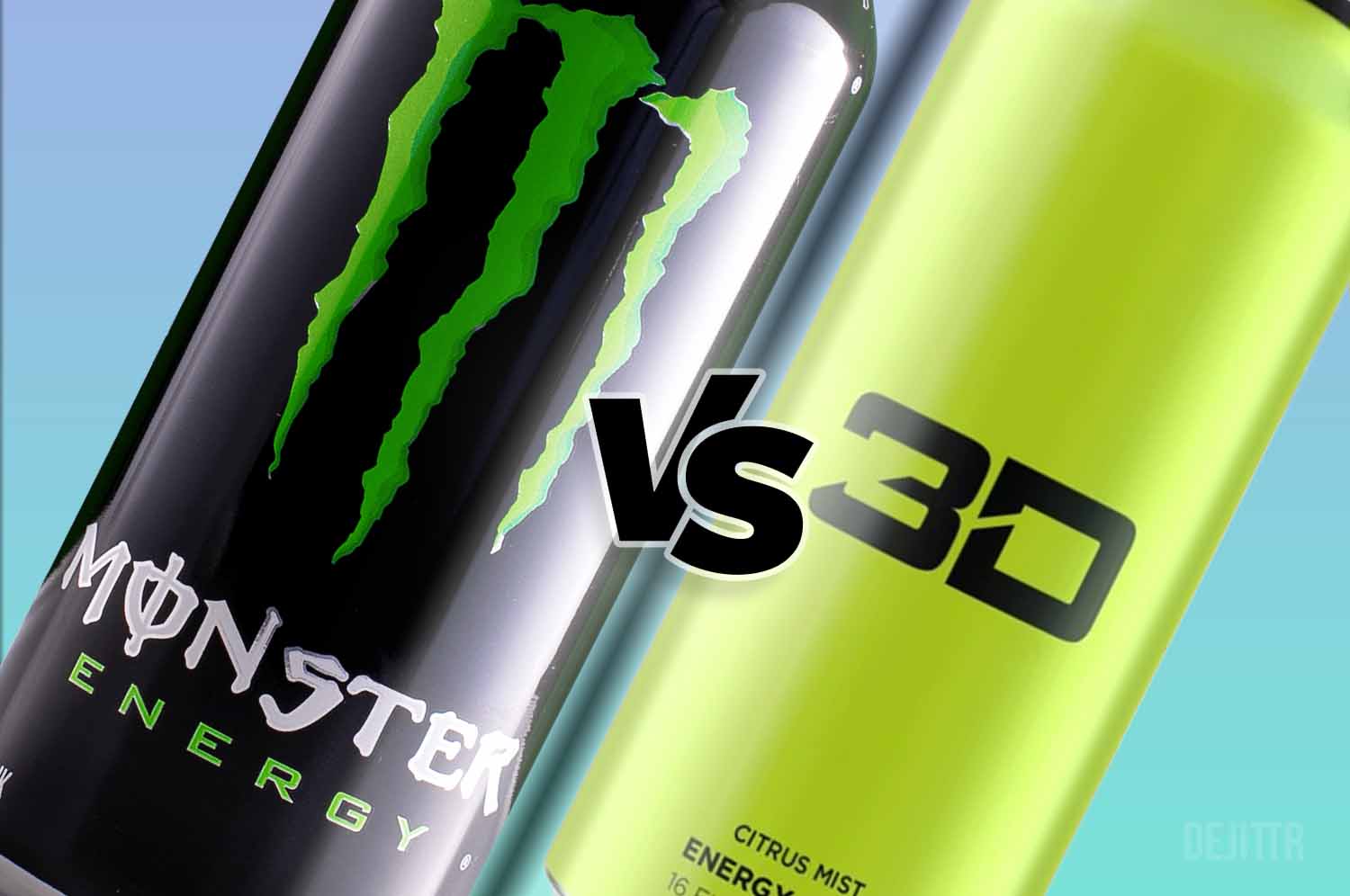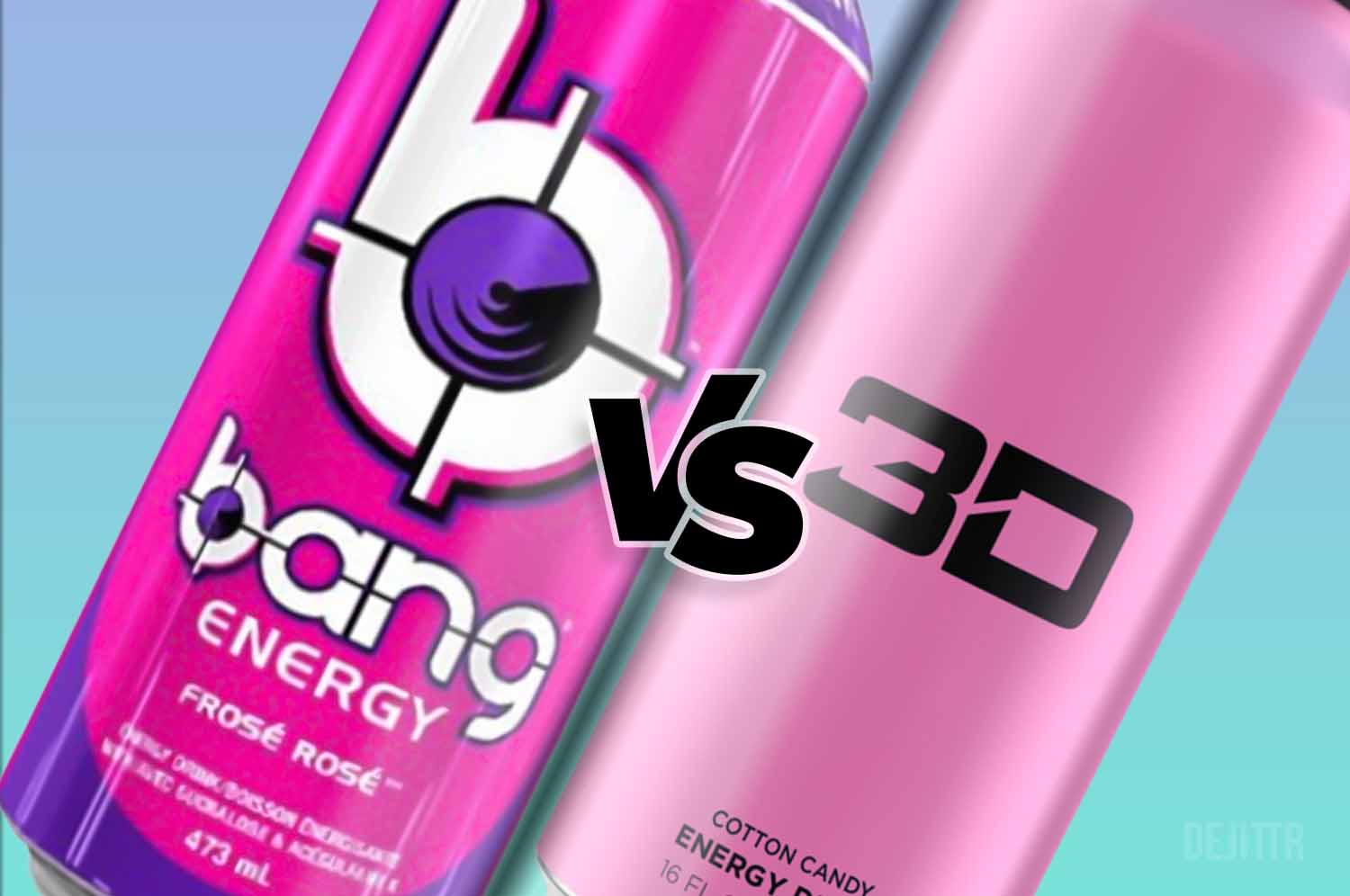Many people know about the health benefits of coffee, but many don’t know that there are some potential health risks. What about chai lattes? Do they have any health benefits?
Is a chai latte good for you? A chai latte is a drink that is becoming increasingly popular, but is a chai latte healthier than coffee?
This blog will look at what a chai latte is, its potential health benefits, caffeine content, and find out which is more beneficial.
What is a Chai Latte?
A chai latte is a unique drink made with tea, spices, and milk. The spices used in this drink are cinnamon, cardamom, cloves, and black pepper. The drink also has lower levels of caffeine than coffee, which can be helpful for people who have trouble sleeping.
Recommended Resource:
One of the goals of our website is to demystify ingredients such as caffeine. We create fun-to-read, in-depth, and medically-backed topics that our users love. Here’s another super helpful resource when you’re done reading this article.
Chai Latte vs. Coffee | Major Differences Between Coffee and Chai Tea?
Chai latte is made by steeping chai leaves and toasting ground spices in water, and adding sugar. Topped with frothy milk and a hint of cinnamon powder, you can get a perfect Kickstarter of the day.
On the other hand, coffee is made with water, ground coffee beans, and sometimes sugar or cream.
Chai lattes are often seen as a healthier alternative to coffee as it contains less caffeine content. Both drinks differ not only in caffeine content but also in taste.
The taste of chai lattes is more robust and sweeter, while coffee is more mellow and subtle in taste. Chai latte has a more robust flavor than coffee, and it’s less acidic.
Chai Latte vs. Coffee Calories
Chai lattes are made with brewed black tea, milk, and spices like cinnamon, ginger, and cardamom. Coffee is brewed from roasted coffee beans that contain about 100-200 calories per 8 ounces (1 cup), depending on the bean type.
The chai latte has more calories than a regular cup of coffee because it contains milk and sugar—a 12 oz. Chai latte serving contains about 190 calories, while a 12 oz. Caffè Americano contains 10 calories and caffé Misto contains 80 calories.
Chai Latte vs. Coffee Nutrition Chart
| Chai Latte With Whole Milk | Regular Coffee | |
| Fats | 3.19 g | 0.1 g |
| Calories | 132 | 3.6 |
| Caffeine | 90.7 mg | 136 mg |
| Protein | 3.97 g | 0.4 g |
| Calcium | 140 mg | 7.1 mg |
| Sodium | 52 mg | 7.1 mg |
| Sugar | 22.91 g | 0 g |
How much caffeine is in chai latte vs. coffee?
Coffee has been the go-to drink for many people for a long time. However, people have started to switch over to chai lattes in recent years as they are more nutritious than coffee.
The main difference between these two drinks is their caffeine content. A chai latte typically has less caffeine content as compared to coffee.
Coffee contains about 90-120 milligrams of caffeine per 12 ounces, while chai lattes contain about 70 milligrams per 12 ounces.
What are the risks associated with Caffeine Consumption?
Caffeine ranks as one of the most popular natural stimulants. This section will discuss what caffeine does to our health and how it can be potentially toxic to our health.
Caffeine helps with focus and concentration, which are very important when working on complex projects. However, some people have trouble sleeping after drinking too much caffeine or consuming too much coffee each day.
Many people believe that caffeine is healthy for them because it improves their moods. However, many risks are associated with consuming too much caffeine, such as insomnia, anxiety, and sleep deprivation. The excessive consumption of caffeine can also increase stress levels in the body.
Is a Chai Latte Healthier Than Coffee?
Chai latte has been touted as a healthy alternative to coffee for its antioxidants and other essential nutrients that help reduce the risk of certain chronic diseases and improve overall health.
Chai lattes are a healthier option than coffee and espresso. They are made with a blend of spices and herbs that are nutritious and good for health.
The ingredients in chai lattes can help with digestion (cinnamon), weight loss (proteins from milk), and other health issues.
Chai lattes are high in antioxidants and contain less caffeine than coffee. Antioxidants are essential for health because they help get rid of free radicals in the body, which can cause damage to your cells.
A high caffeine intake can lead to side effects such as anxiety, digestive problems, insomnia, muscle breakdown, and heart palpitations.
Besides stimulating your central nervous system, caffeine also improves your attention and memory. As a result, it enhances alertness and lessens drowsiness in the brain.
The effects of caffeine vary depending on how much caffeine you consume, the time of day you drink it, and your age.
Health Benefits of Chai Latte
- Improves Digestion
Chilli tea has been around for centuries and is popular all over the world. It’s spicy and sweet and a powerful digestive aid that can help reduce bloating, gas, and constipation. The caffeine in the drink will have you feeling energized.
- Supports heart health
It is also claimed that cinnamon can help lower the risk of heart disease by lowering cholesterol levels.
- Reduces Inflammation
Recent research has found that consuming a cup of chai latte can reduce inflammation in the body. Drinking a cup of chai latte will help you fight off colds and other illnesses.
- Lowers blood pressure.
The researchers found that chai latte is as effective as traditional medicines for lowering blood pressure. It contains cinnamon that helps prevent hypertension.
- Lowers Diabetes Risk
It helps to lower blood glucose in the body, which reduces the risk of diabetes.
Conclusion
Let’s face it, we all like our morning cup of joe. It gives us a jolt of energy and the ability to tackle our day. Coffee has many benefits, but too much caffeine can have unpleasant side effects.
It also causes dehydration in the body and nervous system, which is why coffee should be enjoyed in moderation.
Coffee is laced with this addictive stimulant that can lead to adverse side effects like anxiety, jitters, and heart palpitations during withdrawal. While it’s hard to avoid caffeine altogether, you can minimize your intake.
Check out some of our other beverage debates:
Is Chai Tea the Same as Thai Tea?












